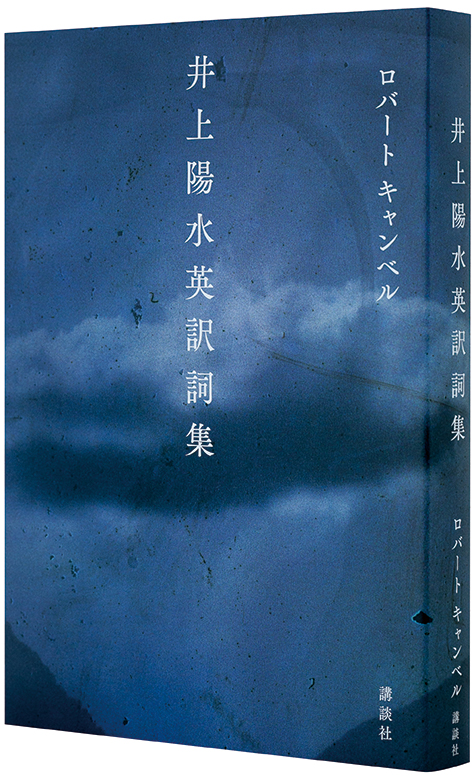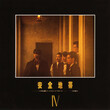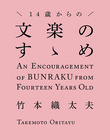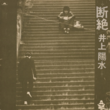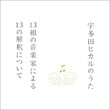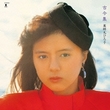An excellent book as a theory of translation, work and Japanese
The songs of Yosui Inoue are mysterious. Even though he sings with clear articulation, not a few lines are difficult to identify their subjects or situations. There is even a song that going after its meaning ends up finding shadow water reflection. The interactions caused by many images associated with the words make the outline of lyrics obscure like elementary particles.
Everybody understands that it is painful task to translate Ordinary Japanese haunted by the ambiguousness into English. So I dare to say Mr. Robert Campbell is a beneficent man who tried to translate Yosui’s lyric with layers of many implications. Also I know of no such person other than Yosui who gave an answer to the question about the lyrics of “A Just - So Serenade (いっそ、セレナーデ)” as “I have been singing and living along this song for thirty several years, but I have never had the slightest idea whether this was about one singing person or two.”
It is very helpful that the author discloses the process of the translation by using half more of this book, which elucidates how he interpreted the lyrics. For example, translating “Come Out to the Sea (海へ来なさい)”,which makes very good use of the ”Ka” and “Sa” column of the Japanese syllabary table, employs as many English words begun with “s” as possible. And that shows his translation is not only the transition of meanings from one language to another but also the transplantation of the expression in original texts to foreign. The stories how he identified the subject and tense of each lyrics can be interpreted as an essay of Yosui’s work or the research of the characteristic of Japanese.
The case of translating Japanese Title of the song “傘がない” into “I’ve Got No Umbrella” symbolically shows how his translation goes. Yosui claimed that the umbrella did not belong to the person in the lyric but it was for all mankind, and then the title was changed to “No Umbrella.” Yosui is known as the person who seldom interpret his own compositions for someone else. So we can say, it is a miracle to obtain such a statement of his. Discussions with Yosui over the question about the songs “ The Last News (最後のニュース)” to clarify whether “ただ (only)” functions for “あなたに (you)” or “good-bye” is very interesting.
The author started translating Yosui’s lyrics, because he needed something to divert himself from the tediousness during his heart surgery recovery, and his listening to “Forty Five Minutes to Her Back (背中まで45分)” made him think this song to be part of the tradition of Japanese literary. The transition of time in the song leads to above assumption. He elaborates it by quoting such posthumous works as Shiki Masaoka’s A Six foot Sickbed (病状六尺) and Chōmin Nakae A Year and Half (一年有半). His other insight that “Purity of Asia (アジアの純真)” follows the manner of “fukiyose” rhetoric used in Gesaku, literary genre of Edo Era also speaks well for his position as the scholar of Japanese literature.
Still, Yosui's songs like a famous song “Jealousy (ジェラシー)” frequently referred in this book stay inside a maze after much effort. Maybe, Yosui enjoys the book to embrace author’s interpretations as the ones he could not think of.
